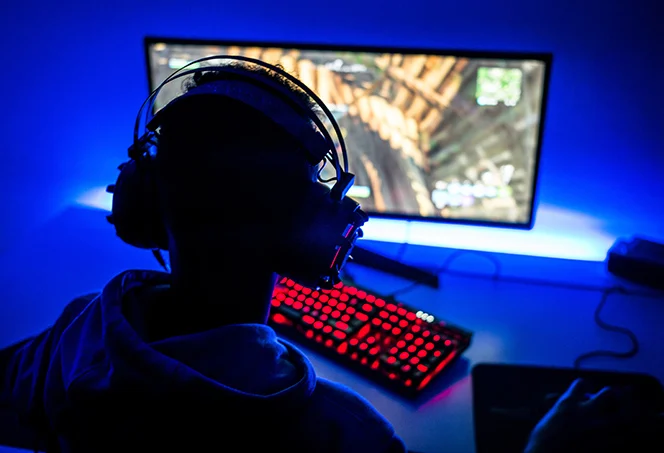
Many of these uses have gone from a concept to fully functional, publicly available products and services. Some of the most famous examples are digital currency, NFTs and initial coin offerings, but other ideas have also been brought to fruition.
One big area where blockchain technology promises to make a difference is in gaming. Indeed, there is often a strong overlap between the demographics of people interested in blockchain and those who enjoy video games.
For this reason, we are already seeing a lot of proposals brought forward by programmers and blockchain enthusiasts. Some of these ideas are simple and practical, while others are far more radical and ambitious.
So which ones have a realistic chance of success? Let's take a look.
Casino
The online casino space is a very competitive one, with new brands popping up all the time. This means that established operators need to continuously innovate to ensure the best possible experience for their players.
One way to achieve this is to create unique variations on classic games so that players can enjoy some variety while playing or experiment to find their preferred option before choosing. Examples of this are games such as blackjack, where instead of just one choice, players can select several, such as classic, premium and high roller.
The iGaming industry, which includes online casinos, has always been at the cutting edge of technology. Companies already use tools like random number generators to ensure fairness and military-grade encryption to ensure security, and seek third-party approval to verify the integrity of software and business operations.
That hasn't stopped some in the blockchain industry from suggesting that this decentralized technology could improve existing systems by providing transparency through the open ledger.
The idea would work by creating smart contracts for each bet and allow other players to check whether a win has been paid or not. Despite these benefits, adoption has so far been slow. That doesn't mean, however, that it's not a feasible or realistic idea.
Tradable in-game items
Game developers have been including collectibles in their titles for decades, even though they've evolved tremendously in the last 15 years or so. They have gone from Easter Eggs that you find simply by exploring the maps, to products that you can buy with real money. These microtransactions help fund the continued development of additional content and features that would otherwise have been stopped and outdated years earlier.
However, when a player decides to stop playing, these game items become useless. Likewise, if the developer stops supporting an old title, digital downloads can be lost forever.
Blockchain can help solve these problems and even make in-game items portable between different titles. By turning each one into a unique NFT, these digital assets can be tracked, traded and transferred between players and even between games.
For some players, this may become a business or a sideline, investing into items early in a game's lifecycle, keeping them and selling them later at a profit. This would simply be a digital version of how some people buy and sell collectibles in the real world.
For other players, it would simply mean they could get back some of the money they used to buy in-game items after they decided to stop playing. It would be the equivalent of someone selling or trading a physical game disc after deciding to switch to another game. In this case, maybe you don't get all the money back, but you do cover some of it.
